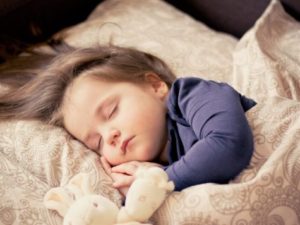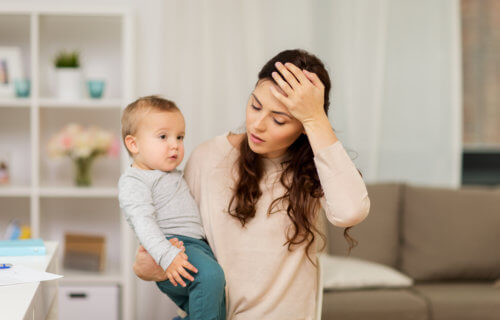MINNEAPOLIS — It’s no secret that having children can lead to some sleepless nights, but new research finds that mothers are suffering more than anyone when it comes to a night of good rest.
The preliminary study, released by the American Academy of Neurology, was conducted through a nationwide telephone survey of 5,805 people. The researchers questioned participants as to how long they typically slept and how often they felt tired. They also took into account other factors besides children such as age, education, race, exercise habits, current employment, marital status, BMI, and income.

The researchers found that the only consistent factor that seemed to play a role into how much sleep participants got was linked to having kids. They found that 62 percent of women without kids got at least seven hours of sleep, but that only 48 percent of women with kids did the same. Women with children also reported feeling tired three more days a month than women without children, and there did not seem to be any changes in the sleep habits of men whether they had children or not.
Seven to nine hours of sleep per night was considered optimum, while less than six hours was considered insufficient.
“I think these findings may bolster those women who say they feel exhausted. Our study found not only are they not sleeping long enough, they also report feeling tired throughout the day,” says study author Kelly Sullivan, PhD, of Georgia Southern University, in a statement. “Getting enough sleep is a key component of overall health and can impact the heart, mind, and weight. It’s important to learn what is keeping people from getting the rest they need so we can help them work toward better health.”
Sullivan and her team found that each child in a household increased the odds of a woman having less than six hours of sleep by nearly 50 percent.
The results of the study were presented at the American Academy of Neurology’s 69th Annual Meeting.

Comments
Comments are closed.